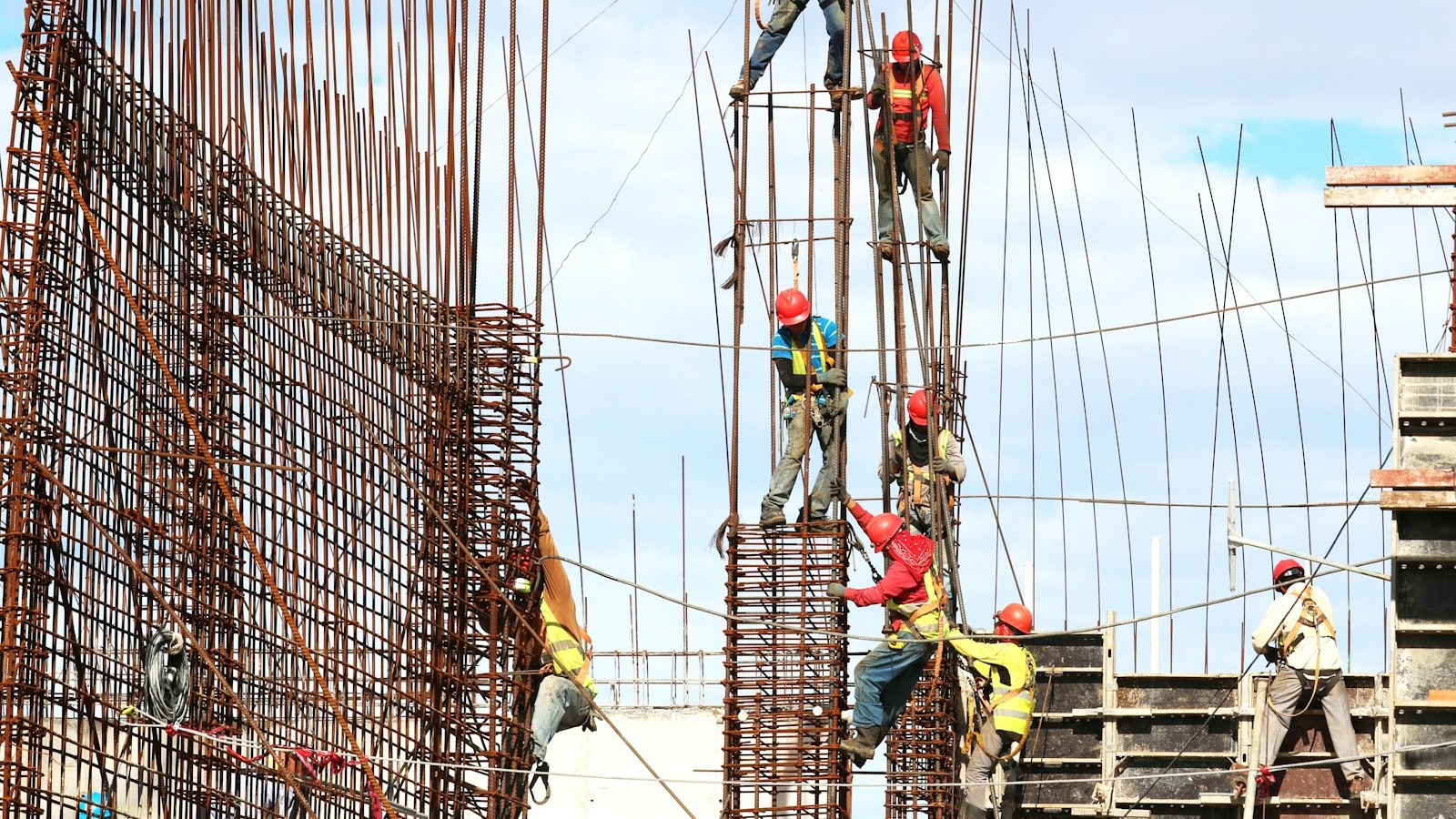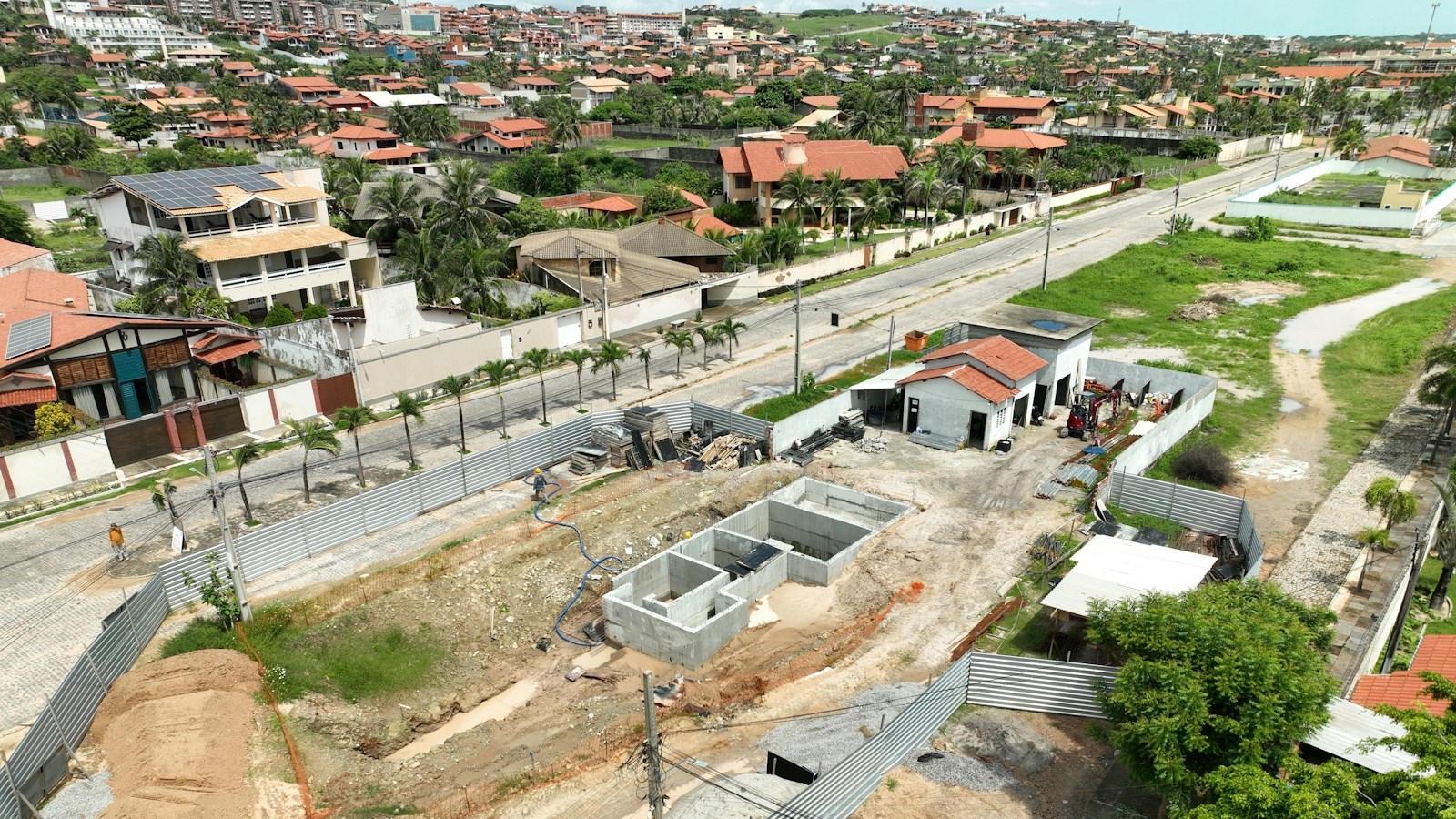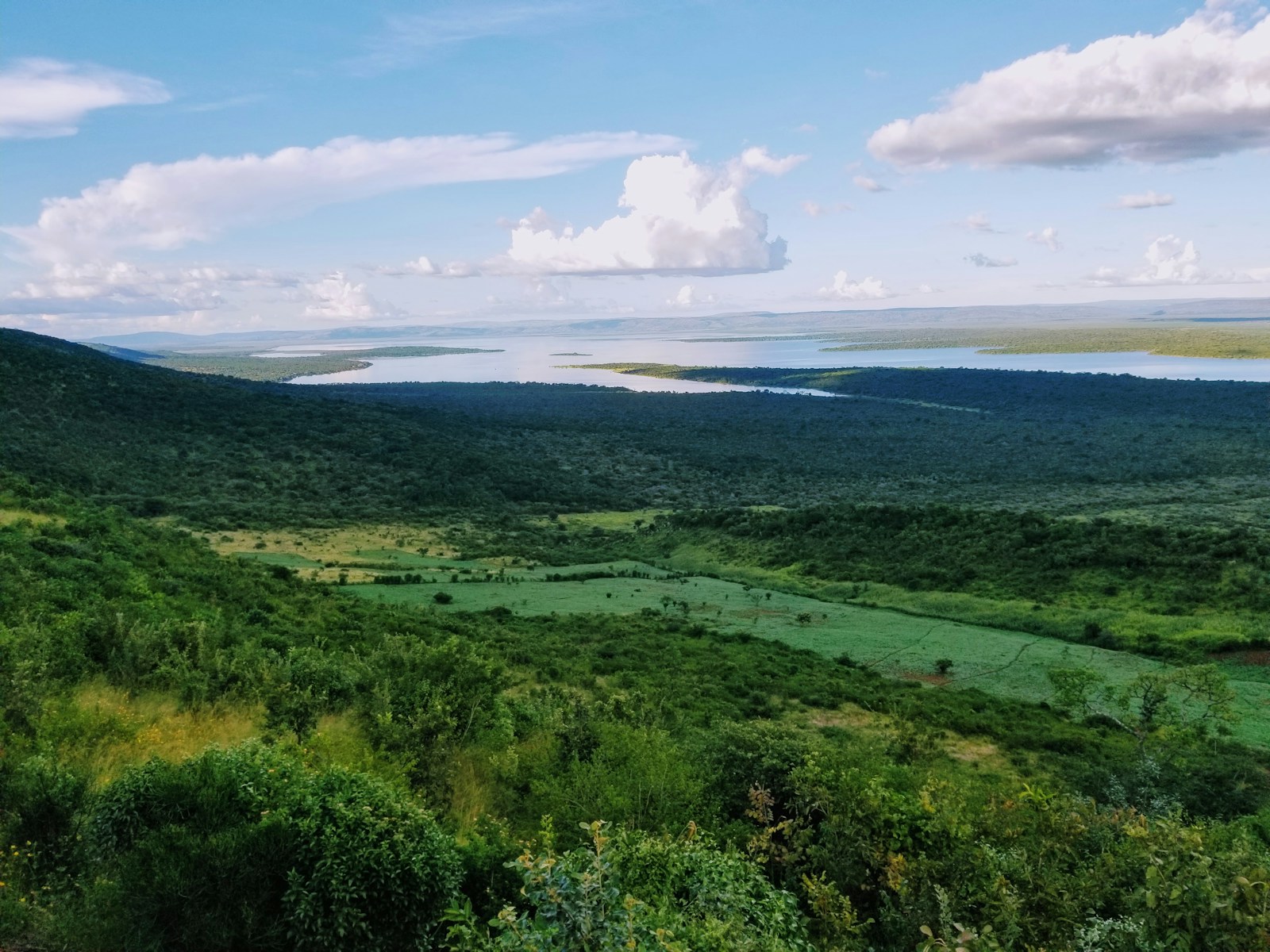- Kenya Real Estate Investment: Overview of the Land Tenure System
- Kenya Real Estate Investment Opportunities in Land and Property Markets
- Risks and Challenges in Kenyan Land Investments
- Mitigation Strategies for Successful Land Investment in Kenya
- Conclusion: Why Kenya Real Estate Investment Is a Growing Opportunity in 2025
Kenya Real Estate Investment: Overview of the Land Tenure System
Kenya Real Estate Investment opportunities are shaped significantly by the country’s legal framework, which classifies land into public, community, and private categories. Freehold tenure grants the owner absolute ownership of the land for life (with minimal restrictions on use), whereas leasehold tenure confers rights to use land for a specified period (often 50, 66, or 99 years) after which ownership reverts to the grantor unless the lease is renewed. Leasehold lands typically require the holder to pay annual land rent to the national government and land rates (property taxes) to county authorities. In practice, most urban properties (e.g. in Nairobi) are held on leasehold titles (a legacy of colonial-era grants and planning policies), while freehold titles are more common in rural areas. This means a Kenya Real Estate Investment in Nairobi is likely to involve leasehold land, subject to term limits and conditions, whereas upcountry investments often involve freehold parcels with permanent ownership.
Foreign ownership restrictions: Kenya’s 2010 Constitution introduced significant restrictions on land ownership by non-citizens. Foreigners (or foreign companies) cannot own freehold land in Kenya and are limited to leasehold tenures not exceeding 99 years. In fact, any freehold owned by a non-citizen was converted to a 99-year lease by law after the new Constitution. Moreover, non-citizens are barred from directly owning agricultural land – they may only invest in farmland by incorporating a Kenyan company or engaging in a joint venture, and even then such transactions require approval from the local Land Control Board. These legal measures are intended to preserve land ownership for Kenyan citizens, but they also significantly impact how foreign Kenya Real Estate Investment must be structured. Overseas investors need to plan around these restrictions, utilizing long-term leaseholds or local partnerships, and ensuring full compliance with sector-specific regulations—especially when dealing with agricultural or coastal land, which may require exemptions or Cabinet-level approval.
Kenya Real Estate Investment Opportunities in Land and Property Markets
Kenya offers a dynamic real estate and land investment environment, buoyed by a growing economy and progressive reforms. Rapid urbanization, large infrastructure upgrades, and supportive government policies have contributed to a booming property market across the country. The government’s commitment – exemplified by the Big Four Agenda focus on housing and ongoing land reforms – has created a relatively favorable climate for investors. Meanwhile, demand for property is surging: Kenya faces a housing deficit (over 500,000 units needed annually) due to urban population growth. This has created a compelling case for Kenya real estate investment, with both local and foreign investors—including the Kenyan diaspora—actively participating. From affordable housing to luxury developments, the market offers diverse options. Below, we explore two high-potential regions and sectors: Nairobi and the Coastal Region.
Nairobi – A Booming Urban Property Market
As East Africa’s economic hub, Nairobi remains one of the most attractive locations for real estate investment in Kenya. The city’s expanding middle class, growth of expatriate communities, and status as a regional business center fuel high demand for both residential and commercial real estate. In particular, Nairobi’s upscale suburbs and new business districts have become hotspots for investment. For example, areas like Kilimani, Kileleshwa, Westlands, and Upper Hill are at the heart of the property boom, attracting international investors, diplomats, and expatriates seeking luxury apartments and high-yield rental properties. These neighborhoods offer modern infrastructure, proximity to commercial centers and embassies, and solid rental returns, making them very appealing for buyers. The commercial real estate sector is also thriving – new office parks, malls, and mixed-use developments cater to Kenya’s growing enterprises and multinationals. Government infrastructure projects such as the Nairobi Expressway and commuter rail upgrades further enhance the city’s investment appeal by improving connectivity. Additionally, satellite towns around Nairobi (like Ngong, Athi River, Kiambu, and Syokimau) are emerging as attractive zones for land purchase and housing projects, driven by more affordable land prices and new highways linking them to the city. Overall, Nairobi offers investors opportunities ranging from high-end developments to mass market housing – with the caveat that much of the land is leasehold, requiring attention to lease terms and possible renewal (a factor we discuss under risks).
For a broader perspective on the region, read our detailed overview on why you should invest in East Africa.
Coastal Region – High Tourism Potential and Real Estate Growth
Kenya’s Indian Ocean coastline – including areas around Mombasa, Malindi, Kilifi, Lamu and Diani – presents a unique set of opportunities. In recent years, the coastal real estate market has been booming, attracting both local and foreign investors drawn by the region’s stunning beaches, tropical climate, and tourism potential. The coast is a premier tourist destination; its beachfront resorts, holiday homes, and eco-tourism ventures benefit from steady local and international tourist flow almost year-round. This translates into high demand for accommodation, vacation rentals, and hospitality facilities – opening doors for investors to develop hotels, holiday villas, condominiums, and related amenities. The Kenyan government has shown strong commitment to supporting coastal investment, primarily through infrastructure improvements and incentives for tourism development. For instance, major projects like the expansion of the Mombasa Port and the construction of the Dongo Kundu bypass highway (connecting the mainland to the south coast) have significantly improved connectivity and logistics in the region. These developments not only facilitate trade but also open up new land for development (such as planned industrial zones and resort areas), making it easier for investors to access prime sites that were previously less reachable.
Investors at the coast can tap into diverse opportunities: high-end beachfront properties for luxury tourism, mid-range apartments catering to the growing middle-class and expatriate community in Mombasa, or even large agricultural estates inland (e.g. in Kilifi and Tana River counties) with export potential. Lamu County, with the new Lamu Port (LAPSSET corridor project), is poised for growth in port-related real estate and logistics hubs. Similarly, Diani and Malindi continue to grow as retiree and holiday-home markets. However, coastal real estate investment in Kenya also comes with special considerations—from environmental regulations (mangrove protection, shoreline setback rules) to community land rights and historical land use issues—which we will explore in the risk section. The key takeaway is that Kenya’s coast offers a high-reward environment for real estate and land projects, especially those aligned with the tourism industry, provided investors navigate the legal and social landscape diligently.

Risks and Challenges in Kenyan Land Investments
Despite the many opportunities, investing in land or property in Kenya comes with a variety of risks and challenges that both local and foreign investors must carefully consider. These range from legal and bureaucratic hurdles to social and historical land issues. Below are some of the major risks and how they manifest in the Kenyan context:
- Complex Land Tenure and Title Disputes: The Kenyan land system has historically been prone to fraudulent or overlapping titles and unclear ownership records. Incidents of fake title deeds, double allocations, or multiple individuals claiming the same plot are not uncommon. In fact, recent reports confirm that fraudulent titles and deceptive dealings continue to thrive within land registries. This is exacerbated by past episodes of chaotic land allocations and corruption. A notable example involved a Nairobi property where one party obtained a title from the government for land that was, unbeknownst to them, long occupied and claimed by another family – leading to protracted court battles and the voiding of the fraudulent title. The risk of such disputes means investors could potentially buy land only to later face litigation or even eviction if a prior valid claim surfaces. Thorough due diligence is often complicated by cumbersome record-keeping and bureaucracy – Kenya has multiple historical land registries and incomplete digitization, which can make title verification slow and tricky. Without careful verification, investors (especially those unfamiliar with local processes) may fall prey to scams or end up with assets tied up in legal disputes.
- Historical Land Grievances and Community Tensions: Land is an emotionally charged issue in Kenya, tied to ethnic identity and historical injustices. Nowhere is this more evident than in the Coastal region, which has a legacy of land displacements dating back to colonial times. Under colonial laws like the 1908 Land Titles Act, large swathes of coastal land were registered under absentee landlords (including foreign owners and up-country elites), disenfranchising indigenous communities who suddenly found themselves without legally recognized rights to their ancestral lands. To this day, the Coast has the highest concentration of “squatters” – local families living on land for generations without formal title deeds. This history has fueled periodic tensions and even conflict. Local communities may view new investors with suspicion, especially if a project is perceived to encroach on what they consider community land or “grabbed” land. Politicians have been known to exploit these grievances, at times promising locals the return of contested lands, which creates an unpredictable environment for outsiders. For investors, this translates into a risk of encountering occupation or resistance on acquired land in certain areas. For example, one might purchase a coastal plot only to discover a community settlement exists on part of it, or face claims that the land was unfairly allocated. Such scenarios can lead to lengthy negotiations or court cases, and in worst cases, project cancellations or unrest. Even in other parts of Kenya, communal claims can arise (e.g. in pastoralist counties or areas where land adjudication is incomplete). Clearly, understanding the local land history and community dynamics is critical to avoid stepping into a minefield.
- Legal and Regulatory Constraints (Especially for Foreign Investors): The restrictive legal framework mentioned earlier is itself a source of investment risk if not properly navigated. For instance, a foreign investor cannot own a freehold title – attempting to circumvent this (say, by using a Kenyan proxy to hold a freehold on their behalf) could result in the transaction being nullified. Similarly, buying agricultural land as a foreigner without approval can be illegal. These restrictions mean fewer options and extra steps for foreign buyers (who may need to form joint ventures or companies to hold land). Additionally, leasehold nature of most urban land introduces the risk associated with finite terms: when a lease period expires, the land and any assets on it revert to the state (or original lessor) unless a renewal is granted. While Kenyan law does allow leaseholders (especially citizens) a first right to renew leases, it is not automatic – renewal applications can be denied or delayed, particularly if the government has a public interest use in mind for the land. This poses a risk for long-term projects: an investor holding a 99-year lease must ensure compliance with lease conditions (such as land-use terms and development timelines) and cannot take perpetual ownership for granted. Uncertainty over lease renewals (or changes in land rent and renewal fees) could affect the long-term security and valuation of leasehold investments. For example, in Nairobi some early leasehold titles have expired in recent years, creating confusion and opportunities for unscrupulous actors to grab land where owners failed to renew in time. Thus, both local and foreign investors face a planning horizon capped by lease terms, requiring strategies to mitigate renewal risk.
- Bureaucratic Hurdles and Corruption: Navigating Kenya’s land administration can be challenging. The process of obtaining titles, approvals, or consents often involves lengthy bureaucratic procedures, and historically this sector has been marred by corrupt practices. Many Kenyans have experienced delays or irregularities in land registries – for instance, files that go “missing” or officials demanding bribes to expedite services. A 2014 policy analysis noted that corruption and cumbersome procedures (such as traveling long distances to central registries, high fees, and complex requirements) have discouraged proper land registration, indirectly fostering informal settlements and fraud. For an investor, this environment creates risk in the form of transaction delays, unexpected costs, or even lost opportunities. Critical steps like obtaining Land Control Board consent (necessary for agricultural land transactions or transfers of rural land) or getting building permits can be slow and unpredictable in some counties. There is also the risk that without “facilitation,” paperwork might not move, though Kenya has been making reforms to digitize and streamline services in recent years. Nonetheless, doing business in the land sector may entail dealing with red tape that can frustrate project timelines. The presence of corruption also links back to the risk of fraud – e.g. rogue officials might collude in registering fake titles or backdating documents. Investors must therefore be prepared for due diligence not just on land parcels but also on the process itself, budgeting time and resources to manage regulatory compliance with integrity.
- Infrastructure and Environmental Challenges: While real estate investment in Kenya is gaining momentum, infrastructure gaps still pose challenges in certain regions—particularly remote coastal areas and emerging satellite towns. For example, an investor looking to build a resort or a factory might find that reliable road access, electricity, or water supply is lacking, which can significantly increase project costs. The coastal region, in particular, has pockets where transportation networks and utilities are not fully adequate, potentially hindering large-scale developments. This is gradually changing as the government invests in roads and ports, but it remains a consideration. Additionally, environmental factors can present risks: parts of Kenya’s coast are prone to natural hazards like coastal erosion, flooding in low-lying delta areas (e.g. Tana River), or occasional land disputes related to wildlife conservation zones. Construction near shorelines must heed setback regulations and erosion patterns; failure to do so can result in property damage or legal action. For instance, unplanned developments too close to the high-water mark might later be removed for breaching public beach access rules. Investors must also be mindful of sustainability and environmental impact requirements – Kenya has active environmental NGOs and regulations (such as the requirement for Environmental Impact Assessments for major projects). Non-compliance can stall or shut down projects. In summary, a successful real estate investment in Kenya depends on selecting the right location, backed by infrastructure plans and thorough consideration of environmental regulations.

Mitigation Strategies for Successful Land Investment in Kenya
While the risks above may seem daunting, prudent investors can mitigate these challenges through careful strategies and local knowledge. Here are several mitigation measures to help ensure land and property investments in Kenya are secure and rewarding:
- Thorough Due Diligence on Title and Land Status: The importance of due diligence cannot be overstated – it is the first line of defense against title fraud or disputes. Before any purchase, conduct an official land search at the Ministry of Lands or relevant county registry to verify the current registered owner, the validity of the title deed, and whether there are any encumbrances (liens, caveats, or pending disputes) on the property. It’s advisable to engage a qualified Kenyan advocate (lawyer) to carry out a comprehensive title review, including tracing the chain of ownership (root of title) in the archives to ensure the seller’s claim is legitimate. Investors should also visit the site in person (or have a trusted representative do so) to inspect the land and confirm that it is not occupied by anyone else and that the boundaries match the survey map. In cases of vacant land, local inquiry with neighbors or community leaders can reveal if multiple claimants exist or if the land is known to be contentious. Essentially, verify on paper and on the ground that “what you see is what you get.” Thorough due diligence upfront greatly reduces the risk of purchasing a contested or non-existent property.
- Engage Professional Advisors and Licensed Agents: Navigating Kenya’s land market and legal system is considerably easier with experienced local professionals. Investors (especially foreign or first-time buyers) should hire a reputable Kenyan real estate lawyer for all transactions – they will prepare and review contracts, ensure compliance with Kenyan law, and represent the investor’s interests in dealings with authorities. Using licensed real estate agents and registered valuers/surveyors is also crucial. These professionals are familiar with the local market values, zoning regulations, and procedural pitfalls, and they must adhere to a code of conduct (offering some recourse if they misrepresent). Avoid unregistered “brokers” who might promise cheap deals – as they are often linked to scams. A professional team can also assist in getting necessary searches and certificates – for example, obtaining a Rates Clearance Certificate from the county (proof all property taxes are paid) and a Land Rent clearance from the Ministry for leasehold land, both of which should be up-to-date before a transfer. By working with vetted experts, an investor gains local insight and a layer of protection against fraud and errors.
- Respect Legal Requirements and Restrictions: To mitigate legal risks, investors must structure their investments in compliance with Kenyan law. Foreign investors, in particular, should plan to purchase land through the mechanisms allowed: e.g. use a Kenyan-incorporated company (with citizen shareholders if necessary) or a long-term lease, rather than any attempt to hold land freehold which would be void. If the target asset is agricultural land, begin the process of seeking Land Control Board consent early – this is a mandatory step for approving any transfer of agricultural land, and transactions without it are legally invalid. Patience and following due process here will save a lot of trouble later. It is also wise to familiarize oneself with planning and zoning regulations for the specific locale: each county (e.g., Nairobi, Mombasa, etc.) has zoning by-laws that dictate land use (commercial, residential, mixed-use, etc.) and building restrictions. Ensure the intended use of the land aligns with these rules or that you secure the necessary change-of-use permission. For coastal properties, confirm if the land is designated as public beach reserve or community land; if so, direct purchase may not be possible – instead, one might need to lease from the government or work with the community trustees as per the Community Land Act. In summary, staying within the legal lanes – getting all needed consents, adhering to foreign ownership limits, and honoring local land laws – is the best way to avoid regulatory pitfalls.
- Community Engagement and Social License: Especially when investing in areas with established local communities or sensitive historical contexts (such as the Coast or parts of rural Kenya), it’s important to engage with the community early and respectfully. Take time to understand any informal rights or cultural claims people may have on the land. In coastal Kenya, for example, acknowledging and respecting local culture and traditions can go a long way. If the land in question is occupied or used by locals (even without title), a wise investor will involve local authorities, elders, or the National Land Commission to mediate and possibly compensate or resettle affected people in a fair manner. Building goodwill through community meetings, hiring local labor, or investing in community projects (schools, water wells, etc.) can help secure the social license to operate – reducing the risk of clashes or resistance. Investors should also stay attuned to local political sentiments; avoid being seen as grabbing land. By being transparent and responsible neighbors, land investors can mitigate the risk of disputes and even enhance the value of their investment through a stable operating environment.
- Secure Transactions and Documentation: Mitigating fraud and future disputes also depends on proper transaction procedures. Always insist on written agreements for any land deal – a formal sale agreement that is signed by both parties (and spouses where applicable, since Kenyan law requires spousal consent for selling matrimonial property) and witnessed by lawyers. Never rely on oral promises or side deals. Once a sale agreement is in place, the buyer can further protect their interest by registering a caveat (a notice of the pending purchase) on the title at the land registry. This prevents the seller from clandestinely selling the same land to someone else or registering new encumbrances before the transfer is completed. Title deed transfers should be done by the book – pay the requisite stamp duty, ensure all outstanding rates and rents are cleared, and have the transfer registered by the Lands Registry to obtain a new title in the investor’s name. It is often during the payment and transfer stage that scams occur, so use escrow accounts or reputable banks for money transfers, and do not release full payment until the title is confirmed in your name. In addition, consider obtaining title insurance or legal indemnity insurance if available, which can provide financial protection in case a defect in title later emerges. Keeping all documentation from the transaction (search certificates, receipts, approvals, correspondence) is also important for future reference – meticulous record-keeping can be a lifesaver if ownership is ever challenged.
- Plan for Leasehold Management and Long-Term Ownership: If your investment is on leasehold land (as is common in Nairobi and other towns), proactive management will mitigate risks associated with lease expirations. First, check the remaining term of the lease during due diligence. If a lease is close to expiry (or for example only 20 years left), negotiate with the seller about who will handle the renewal or factor in the renewal cost into the purchase price. Kenyan authorities generally allow renewal of urban leases if the land is properly utilized and there’s no overriding public need. It’s wise to apply for extension well in advance – even several years before expiry – to avoid last-minute complications. Ensuring compliance with all lease conditions is crucial: often leases require the land to be developed within a set period and that it be used for a specified purpose (e.g., residential only). Violating these terms can give the government grounds to revoke the lease. Hence, investors should adhere to permitted use or formally seek a variation of terms if their project differs. Paying annual land rent on time is another must – falling into arrears could jeopardize renewal. By staying on top of lease obligations and engaging the County or National Land Commission early for renewals, investors can secure their tenure for the long haul. Finally, for those concerned about very long-term tenure or legacy, there is the option of converting some leaseholds to freehold for citizens (where laws permit and on non-public land) or obtaining the maximum 99-year term for foreigners – these options can be explored with land authorities on a case-by-case basis. Need help managing your leasehold investment or exploring freehold options? Contact us for expert guidance.
Conclusion: Why Kenya Real Estate Investment Is a Growing Opportunity in 2025
Land and property investing in Kenya can be highly rewarding given the country’s growth trajectory – from Nairobi’s booming real estate market to the idyllic coastal developments capitalizing on tourism. Both local and foreign investors have significant opportunities to generate returns and make lasting contributions (through infrastructure, housing, and businesses) in this vibrant market. Real estate investment in Kenya holds strong potential, but it also requires a clear understanding of the country’s legal and cultural landscape. Successful investment demands a combination of legal due diligence, cultural understanding, and strategic planning. By knowing the rules (freehold vs leasehold, citizen vs foreign limitations), anticipating the challenges (title irregularities, community issues, bureaucratic delays), and implementing the mitigation strategies outlined above, investors can navigate the system with confidence. In essence, Kenya welcomes investors who are diligent and respectful of its laws and people. With proper safeguards in place, one can mitigate the risks and reap the benefits of Kenya’s land opportunities – ensuring that your investment is not only profitable, but also secure and sustainable in the long term.






Join The Discussion